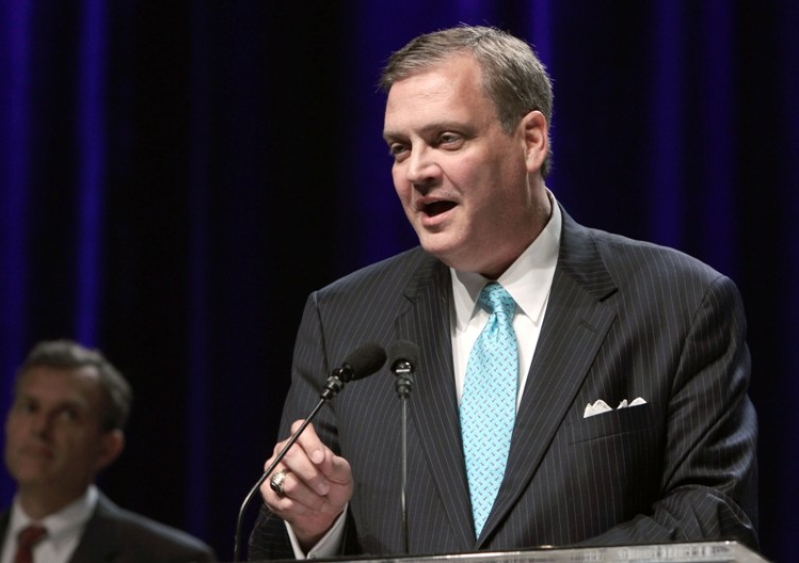
Throughout history, Christians from around the world have answered the call from God to go out into the world and preach the gospel to all nations. However, that action has always carried a certain amount of risk even in modern times.
According to R. Albert Mohler Jr. of the Southern Baptist Theological Seminary, Christians in the United States "are facing a critical time of testing in the 21st century." That's because two competing worldviews have arisen to challenge traditional Christian beliefs.
"A virtual re-paganization of Western culture is occurring around us at a velocity unprecedented in human history," Mohler wrote. "At the same time, we are also witnessing the rise of militant Islam. One need only consider the rise of extremist groups such as ISIS to see just how dangerous the missionary enterprise has become."
Mohler contended that Christianity was "the only meaningful alternative to rampant secularism on the one hand and militant Islam on the other."
"America's secular elites do not have a compelling response to the theological claims of Islam," Mohler wrote. "This fact highlights that one of the fundamental problems among Western elites is that they cannot understand a theological worldview - particularly the theological worldview of Islam. Being basically rational and secular in their own worldview, Western elites find it almost impossible to understand the radical actions of Islamic terrorists."
According to Mohler, the threat of ISIS and other militant groups within Islam is a danger to all Christians. He argued that the majority of Christians, particularly living in sub-Saharan Africa and the "Global South," would find themselves "in places of persecution and hostility."
"With the moral revolution advancing at breakneck speed and the rise of militant Islam, we are living in a world growing more dangerous by the day," Mohler wrote. "That world - the real world - is one of clashing ideologies and conflicting worldviews. The real world is also a world in which theology always matters, and a world in which an empty secular worldview is no match for an Islamic theology set on conquest and driven by revenge."
Mohler pointed out that Jesus warned His followers that they would face persecution as outlined on John 15:18-21. This was "a distinctly theological answer" behind the root cause of terrorism against Christians.
"Jesus' reasoning is clear: those who hate Christ extend their hostility to his followers," Mohler wrote. "Seen in that light, the persecution of Christians around the world - the persecution experienced by Christians throughout the history of the Christian church - is something that has deeper theological significance than even the secular world can understand."
Based on the lens of Scripture, Mohler noted that persecution was "a theological issue that cries out for a theological response."
"The reason why this kind of opposition to the church takes place cannot be adequately explained by politics, economics, or sociology," Mohler wrote. "Jesus told his 12 disciples these things even as he himself was headed for the cross."
The president of the Southern Baptist Theological Seminary argued that following Jesus and being a Christian have always been "a dangerous enterprise."
"Christian discipleship is inherently dangerous," Mohler wrote. "Jesus himself told his disciples that he sends them as sheep in the midst of wolves (Matthew 10:16). These dangers are not only physical but spiritual as well."
Mohler cited the life of Apostle Paul as an example of the costs associated with following Christ. He contended that based on Paul's life, Christians must embrace the dangers instead of avoiding them.
"We embrace them because we know that gaining the world but losing our soul is a futile transaction. We embrace them because we know whatever dangers and trials we may face, Christ is worth them all," Mohler wrote. "We embrace them because we have a resurrection hope which places our hopes for comfort, security, and peace not in this life but in the life to come."
Mohler contended that Christians must continue "proclaiming the gospel of Jesus Christ" in the midst of "militant Islam and the velocity of secularization in the West."
"Our words of support for the missionary cause are meaningless if we do not produce a new generation of bold, courageous, and committed Christian missionaries," Mohler wrote. "Let us make our convictions clear and commitments firm, even in the face of hostility and danger. Evangelical Christians must take our stand for the gospel of the Lord Jesus Christ, who alone has made atonement for our sins."






